Services
Chemotherapy
Chemotherapy is a medical treatment that is mainly used to treat cancer, while it can also be used to treat other illnesses like autoimmune diseases. It entails the administration of potent drugs known as chemotherapy drugs or cytotoxic drugs. These pharmaceuticals are intended to target and inhibit the rapid growth and division of cancerous cells, which is their defining characteristic.
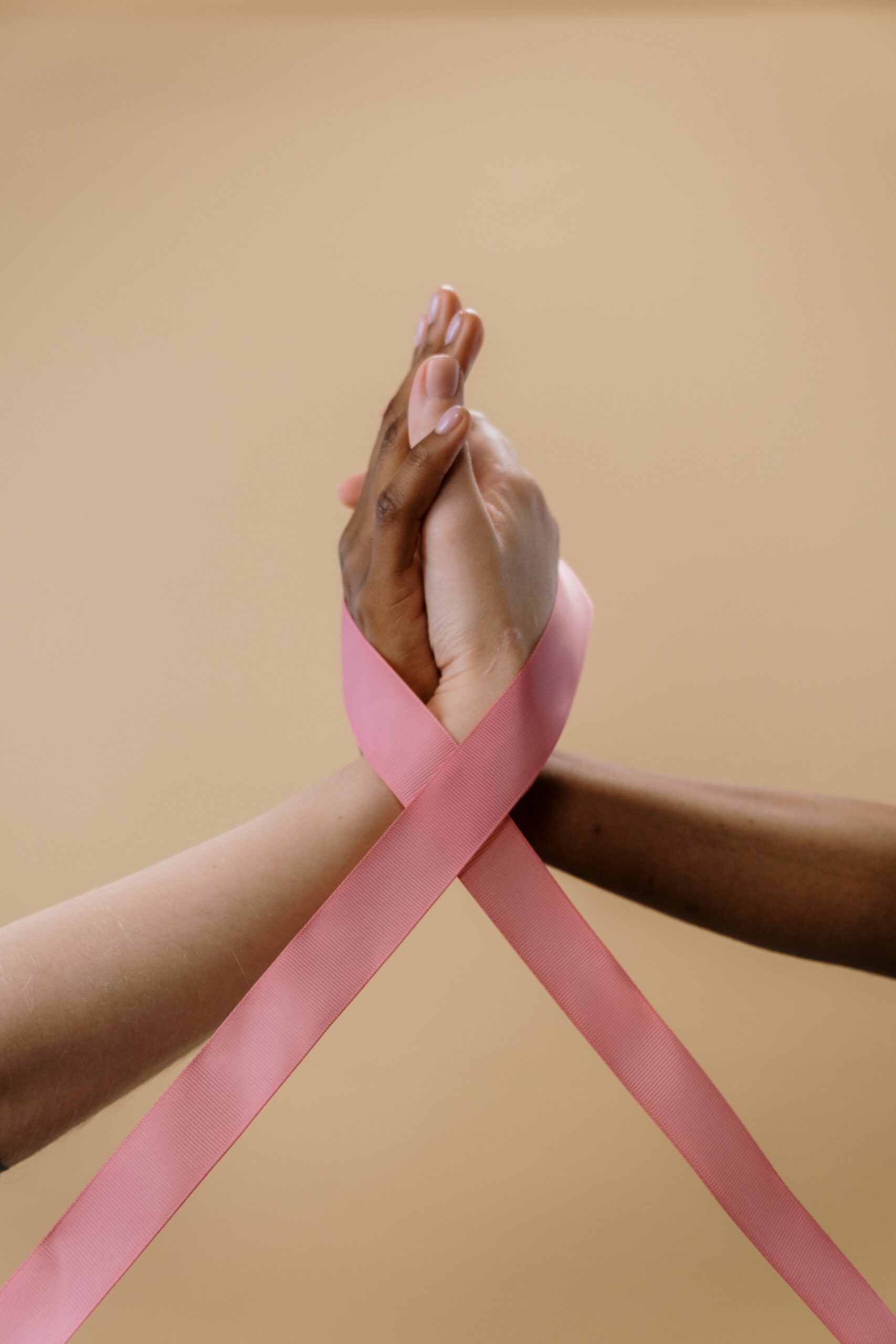
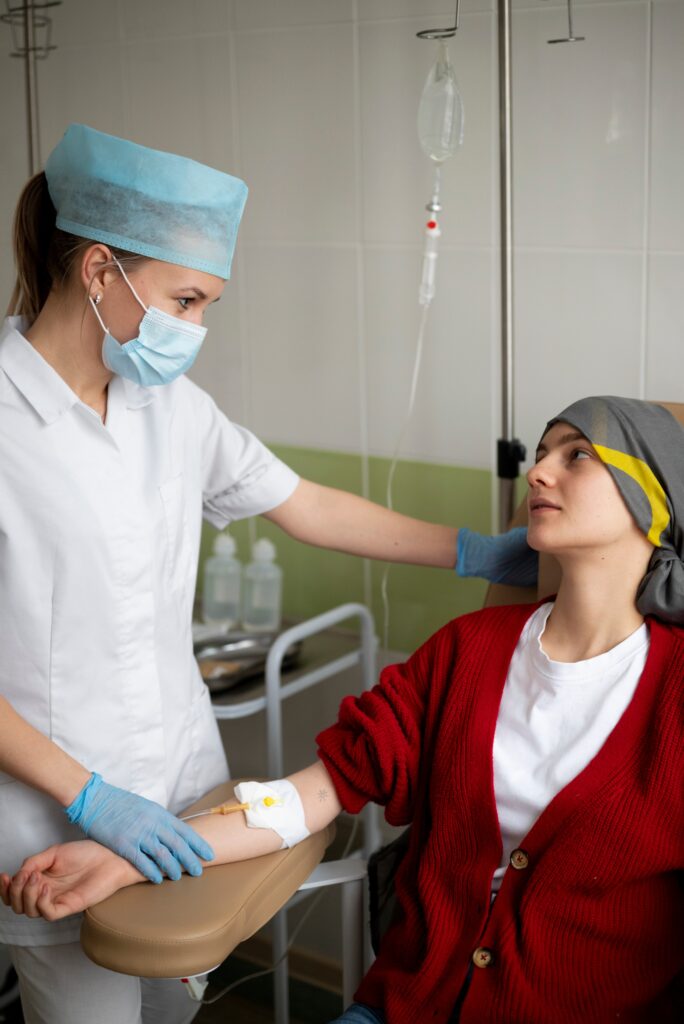

Chemotherapy Drugs Can Be Given In Following Ways:
There are numerous chemotherapy medications, each with their own mechanism of action and specific indications. Chemotherapy is a broad category of cancer treatments. On the basis of their properties and how they target cancer cells, chemotherapy drugs can be divided into a number of subtypes:
Adjuvant therapy: Chemotherapy is administered as a post-radiation or surgical procedure to cure cancer.
Curative therapy: Chemotherapy eliminates forms of cancer and keeps it from coming back. It may also involve radiation and/or surgery.
Neoadjuvant therapy: Chemotherapy shrinks a tumour prior to radiation therapy or surgery.
Palliative therapy: Chemotherapy can reduce tumour size and symptoms but cannot cure cancer.
Cancer managed with medication
Primary cancer: Primary cancer is defined as cancer that has not metastasized to other sections of the body.
Metastasized Cancer: Spreading to different areas of your body is known as metastasized cancer.
The location and stage of the cancer, among other factors, may influence a patient's response to chemotherapy.
Benefits And Downside Of Chemotherapy:
Benefits Of Chemotherapy
Tumour reduction: Chemotherapy reduces tumours, improving cancer patients' symptoms and quality of life. If surgery is not possible, chemotherapy can reduce the tumour to make it easier to remove.
Cancer Cell Killing: Chemotherapy kills or inhibits cancer cells in the body, including metastasized ones. This can stop cancer from spreading.
In some cases, chemotherapy can shrink tumours to the point where they are surgically resectable, allowing for cancer removal.
Downside Of Chemotherapy
Side Effects: Chemotherapy can cause a variety of adverse effects, including nausea, fatigue, hair loss, and lowered immunity, which can have a significant impact on a patient's health during treatment.
Nonselective Action: Chemotherapy drugs can affect healthy cells in addition to cancer cells, resulting in adverse effects in tissues with rapidly dividing cells, such as the gastrointestinal tract and bone marrow.
Long term complications: Some chemotherapy medications may have long-lasting effects on organs, which may lead to organ damage and necessitate ongoing monitoring and management.
Drug Resistance: Chemotherapy medications can cause cancer cells to grow resistant to them over time, which lowers their effectiveness and calls for the use of other therapies.
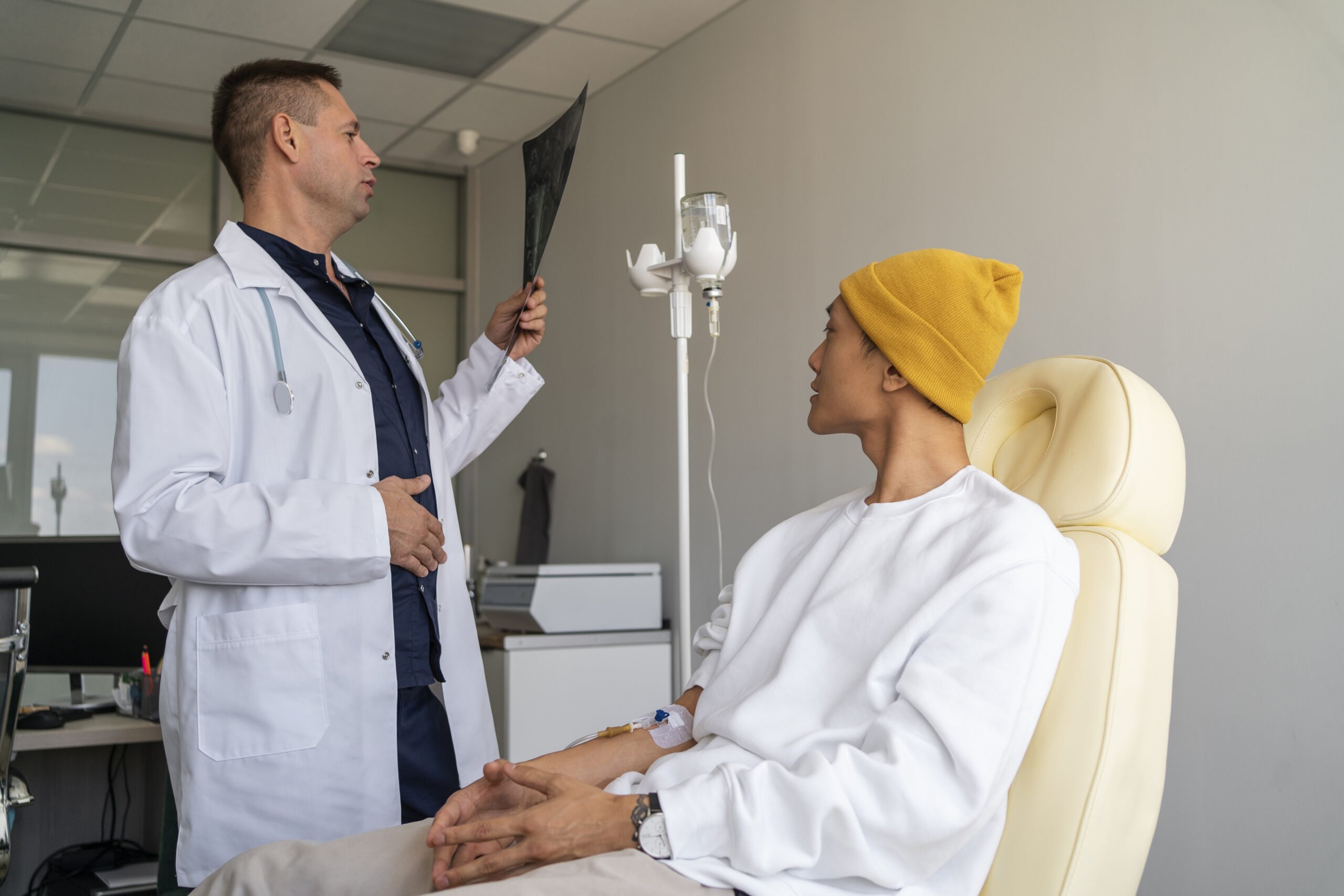
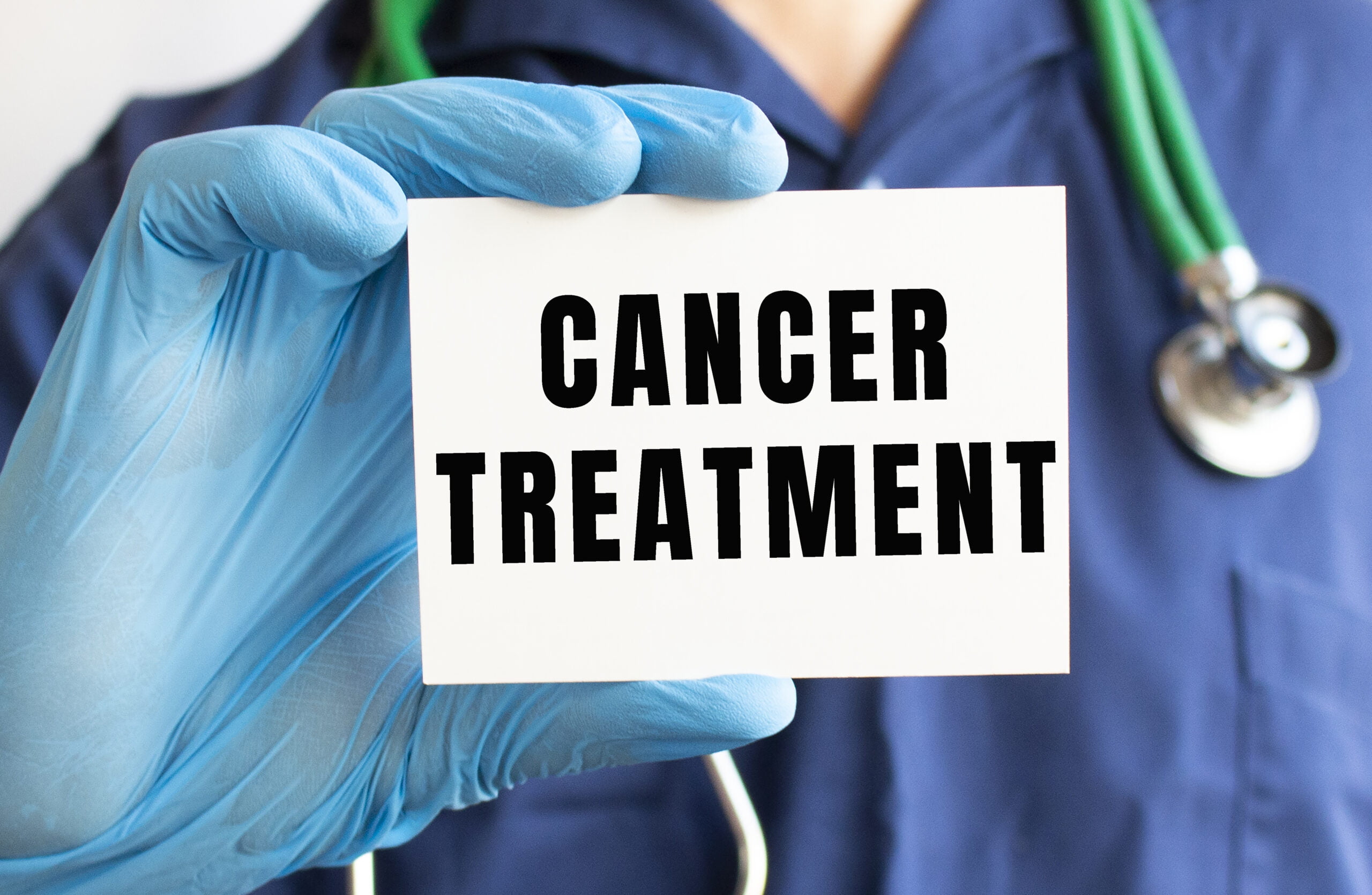
Chemotherapy Treatment Methods & Side Effects:
Treatment Methods:
IV infusion: One of the most used chemotherapy administration modalities. Catheters carry medications directly into veins, where they circulate throughout the body.
Tablets or capsules: Some chemotherapy medications are given orally. This is oral chemotherapy. For certain cancers, it lets patients take their medication at home.
Chemotherapy medications may be injected intramuscularly (IM). This rare strategy may be employed for certain medications or patients.
Also known as subcutaneous injection, chemotherapy medications can be injected under the skin. This approach is less intrusive than IV infusion for some medications.
Subcutaneous Injection: Cancers that have progressed to the central nervous system can be treated with chemotherapy medicines injected directly into the cerebrospinal fluid by lumbar puncture or a skull reservoir.
Intra-arterial (IA) Infusion: An artery that provides blood to the tumour or affected area is infused with chemotherapy. Some liver and brain malignancies are treated with it.
Topical Application: Chemotherapy creams or ointments can be used directly to skin malignancies or superficial lesions.
Continuous Infusion: A tiny pump distributes chemotherapy medications through a catheter continually. Some liver cancers can be treated with this strategy.
Side Effects Of Chemotherapy:
- Feeling queasy and throwing up
- Alopecia Hair Loss
- Fatigue
- Blood loss
- Low Numbers of Blood Cells (Neutropenia and Thrombocytopenia)
- Diarrhoea or Incontinence
- Oral Ulcers (Mucositis)
- Variations in Taste and Appetite
- Neuropathy (Nerve Destruction)
- Skin and Nail Alterations
- Increased Infection Risk
- Simple Bruising and Bleeding
- Changes in Cognition (Chemo Brain)
- Fertility Problems
- Emotional Struggle
Medications For Cancer And Precautions To Be Taken Post Chemotherapy:
Medications:
More than 100 drugs are utilized in cancer treatment. All chemotherapy drugs kill cells, although they target different cell types at different stages of the cell cycle. Using many cancer-damaging drugs can boost treatment efficacy:
- Alkylators
- Antimetabolites
- Drugs that fight cancer
- Topoisomerase blockers
- Blockers of mitosis
- Plant alkaloids
Precautions To Be Taken Post Chemotherapy:
- Follow medical advice to the letter.
- Practise proper personal hygiene.
- Remain hydrated.
- Be vigilant regarding dietary safety.
- Manage and report adverse reactions.
- Observe blood readings.
- Utilize contraception as directed.
- Avoid contact with bodily secretions directly.
- Reduce your sun exposure and apply sunscreen.
- Openly communicate with your healthcare personnel.

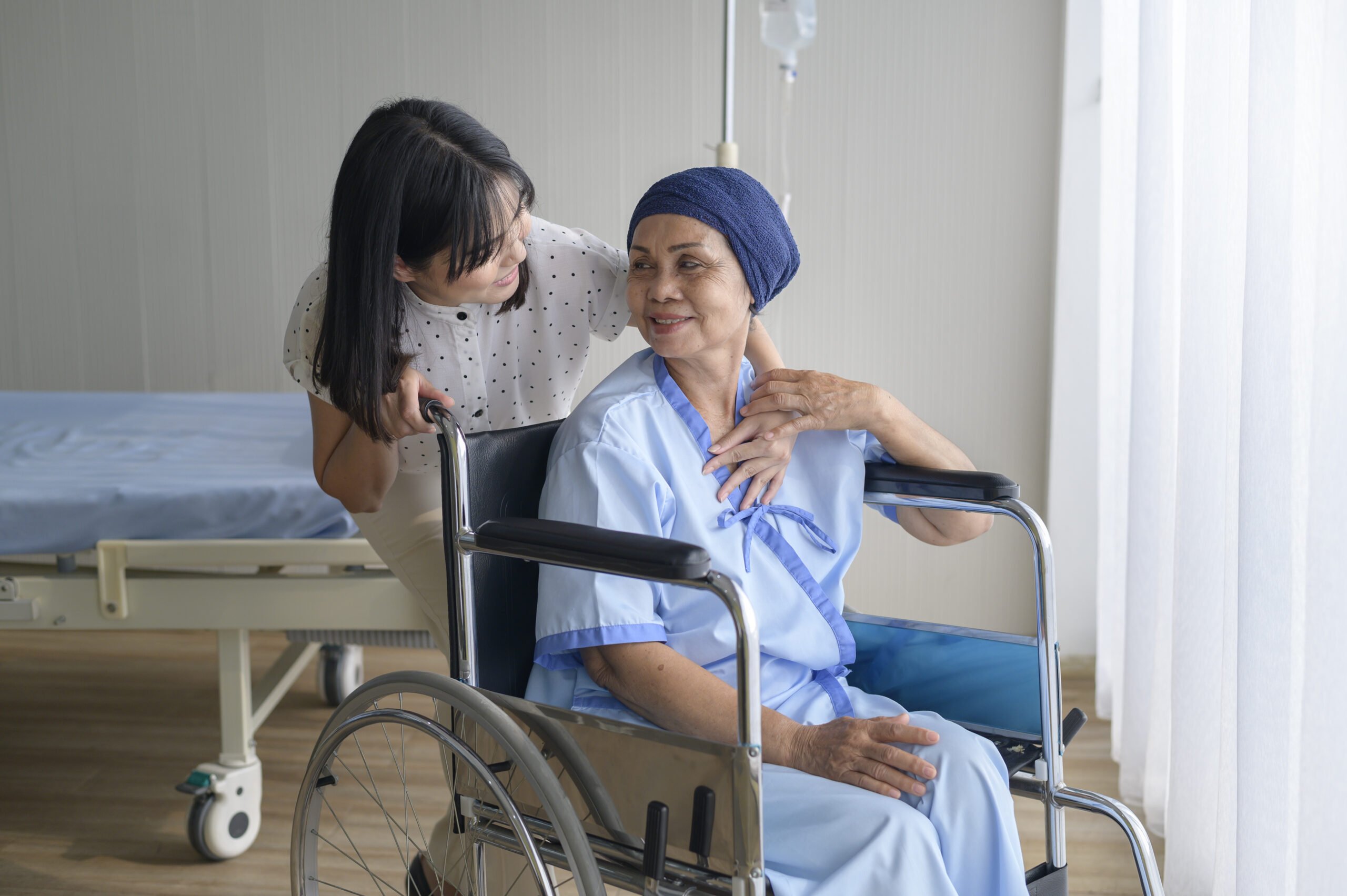
Do's And Dont's Post Chemotherapy Care:
Post Chemotherapy Care:
After chemotherapy, patients get medical and supportive care. It monitors the patient's health, manages adverse effects, and helps them return to normal. Regular check-ups, symptom management, nutritional guidance, emotional support, and continued follow-up may be needed to ensure the patient's well-being and address chemotherapy's long-term effects.
Do’s And Dont’s Post Chemotherapy Treatment:
Do's:
- Follow your prescribed treatment.
- Remain hydrated.
- Communicate with your medical staff.
- Rest as required.
- Eat a well-rounded diet.
- Practise excellent hand hygiene.
- Apply sunscreen.
- Manage adverse effects as prescribed.
Don’ts
- Avoid eating foods that are fresh or undercooked.
- Limit alcohol consumption.
- Avoid skipping medications.
- Avoid intimate contact with individuals who are ill.
- Do not be reluctant to disclose any unusual symptoms.
- Avoid prolonged sun exposure.
- Avoid smoking and using tobacco products.
- Use herbal supplements only with sanction.
FAQ
Frequently Asked Questions
Yes. Certain cancers are extremely responsive to chemotherapy, making it possible to cure them altogether.
If the treatment consists of pills or a topical cream, the majority of people won't experience any discomfort. Injections and shots can be painful because of the sting or prick caused by the needle.
Chemotherapy can be started at any point in the cancer progression. The chemotherapy drugs you receive, their dosages, and when you receive them all depend on a number of factors.

